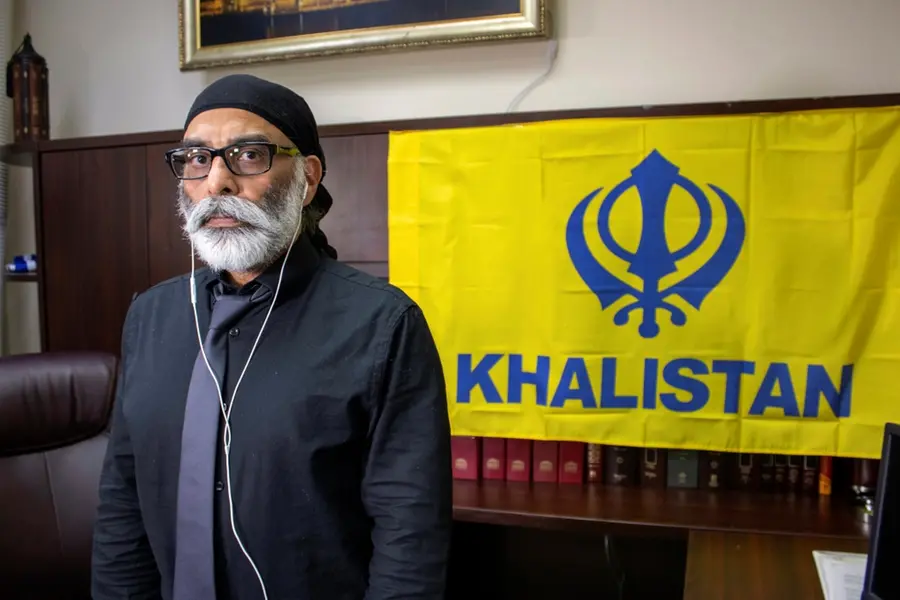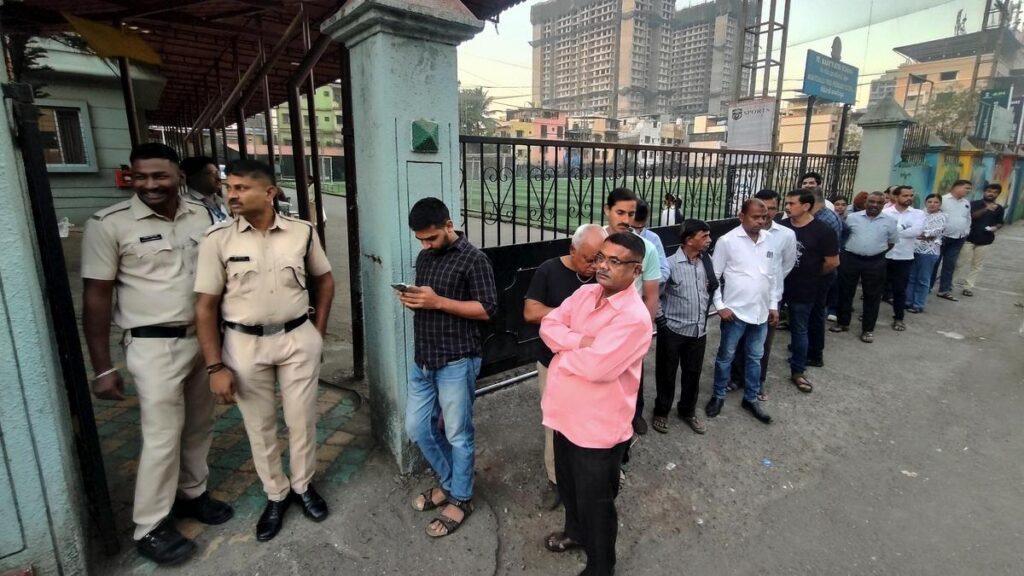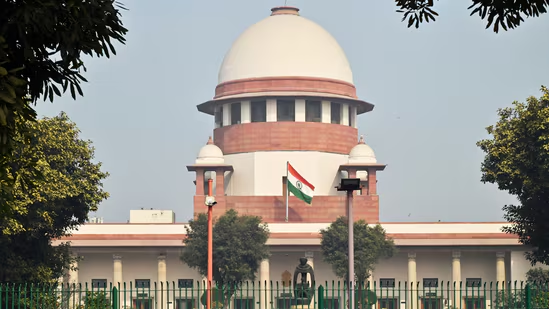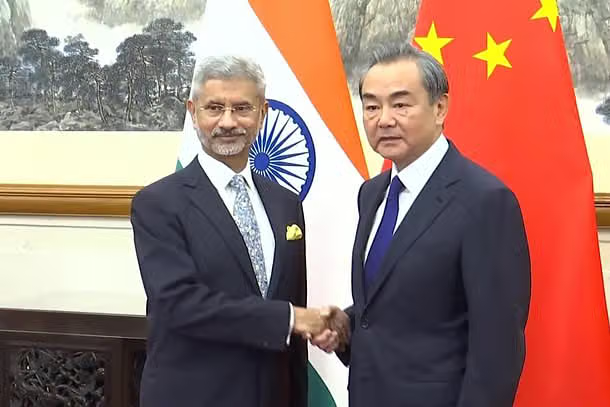Now Reading: NIA Files Case Against Pannun for Urging Sikh Soldiers to Block Modi’s Flag Hoisting
-
01
NIA Files Case Against Pannun for Urging Sikh Soldiers to Block Modi’s Flag Hoisting
NIA Files Case Against Pannun for Urging Sikh Soldiers to Block Modi’s Flag Hoisting

The National Investigation Agency (NIA) has registered a fresh case against Gurpatwant Singh Pannun, head of Sikhs for Justice, accusing him of inciting Sikh soldiers to prevent Prime Minister Narendra Modi from hoisting the national flag on Independence Day. He allegedly offered a reward of ₹11 crore for that act. The government says the call strikes at national sovereignty and aims to spread disaffection among Sikhs.
What the FIR Alleges
Pannun, speaking via video from abroad, called upon Sikh soldiers to stop the Prime Minister’s Independence Day flag hoisting. He told supporters that those who comply would receive a large sum of money. He also unveiled a map of a proposed “Khalistan” that includes parts of Punjab, Delhi, Himachal Pradesh and Uttar Pradesh.
The FIR states that his actions amount to disrupting territorial integrity and security of India, and that he is spreading disaffection among a religious community. The case cites provisions under anti-terror laws and criminal conspiracy.
Why This Case Matters
This move signals the government’s intent to clamp down on external attempts to influence domestic affairs. It also shows how secessionist rhetoric is being treated under law. For citizens, particularly in smaller cities, it underscores that inflammatory speech targeting security or communal relations will face legal scrutiny.
Legal and Political Implications
If convicted, Pannun could face serious penalties under sections of anti-terrorism and unlawful activities laws. The case may also test questions about jurisdiction, freedom of speech, and how far speech can be criminalised when it borders on incitement. Politically, it could deepen tensions between Sikh diaspora groups and the state.
How People in Tier-2 Cities Might View It
In many Tier-2 and Tier-3 towns, local sentiment is shaped by national narratives. Some may see the case as a necessary step to defend sovereignty; others may worry about overreach or suppression of dissent. Either way, such cases can stir debate in public circles, local media and among youth groups.
Conclusion
The NIA’s action against Pannun over his call to block the Independence Day ceremony is serious and politically charged. It’s not merely a criminal case but a test of how India balances security, speech, and identity. Going forward, courts will need to weigh evidence carefully and interpret laws precisely. What happens in this case will ripple far beyond courtrooms, especially in cities where debate and identity politics often run deep.

























